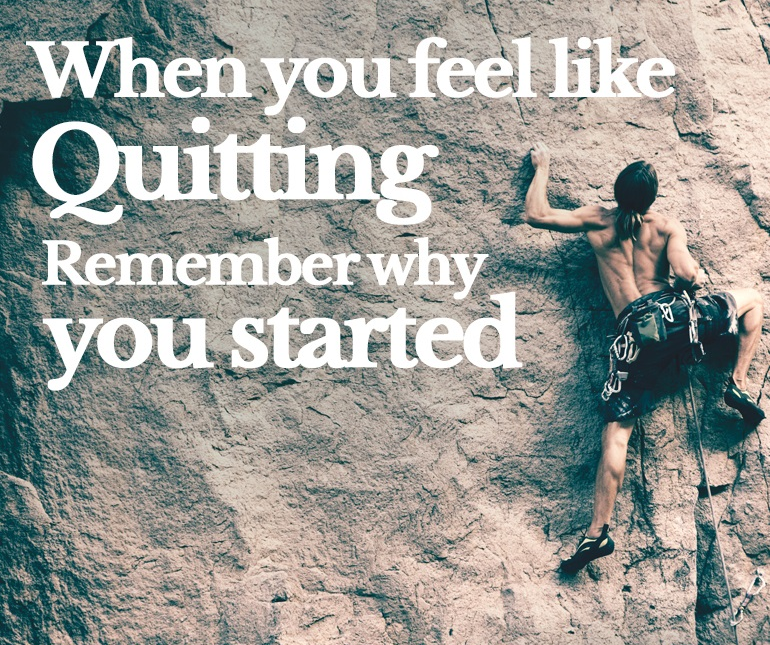Are you Relaxed or Relapsed? +FREE Chemical Calorie Guide
In recovery we reach a point, where we want to relax a bit more. We get tired of structure and the rigidness of treatment, accountability and showing up everyday without numbing out via our preferred drug of choice.
Many books talk about intuitive eating and "just listening to your body". And while I agree with this concept at large, the crucial issue here is that timing matters for this concept to work in reality. It is far to easy to go from relaxed to relapsed - especially when it concerns disordered eating behaviors. Simply because every day we make choices surrounding foods, whereas with drugs and alcohol it is cold-turkey for a recovering addict.
The step of intuitively living in the flow is not right for everyone at every stage in their recovery.
When we are out of tune with your body,we cannot just start to get in tune with it from one day to the next.
It takes time, practice, commitment and persistence - not just food wise, but leaning into emotional discomfort and understanding what your soul is reacting to rather than numbing out from every uncomfortable emotion which many of us are all to familiar with - whether that be as simple as switching on the TV or going on social media instead of checking in with why we are feeling sad/ angry/ anxious etc. Distraction is a temporary tool but the cause needs to be pin pointed otherwise the emotion will stay stuck in our body and grow with time - this is how panic disorders manifest.
We cannot recover by just listening to our body - because an out of whack body will crave the very things that keep it in that current imbalanced state, ironically.
That is how addiction works. Thus, in order to break the cycle of any destructive habit, we must first rebalance and introduce a structure that supports showing up every day for our body, mind and soul.
A daily structure that nourishes all 3 parts of us will slowly start to nourish that void that has led us into addiction.
Typically after 1 year of paying attention to a stable recovery program geared at biochemical balance, we can experience with tuning into our body's needs. Initially this will be done in micro steps aka leaving a spoonful of food on your plate and checking in with yourself 30 minutes later to see, if you are satisfied or truly hungry for more. From there, you begin to experience with different types of meals and note how they satisfy your hunger/cravings for the following day - many biochemically patterns take 24 hours to kick in, so we need to analyze 24 hours back always to assess what is working and what is not.
3 Things That Can Make It Difficult To Listen To Your Body
- You eat trigger foods: the chemical reaction will tell our brain to keep eating. Understanding chemicals and which are addictive in what quantities is essential for a recovering food and drug addict in order to avoid activating the reward system in the brain associated with addiction.
- You skip meals: blood sugar fluctuations put the body into fight or flight mode and thus our frontal lobe is useless; our actions reflect that of survival mode.
- You are not biochemically balanced: an addicted body will crave the very substances that keep the addiction alive, why biochemical balance proceeds intuitive eating and emotional management tools.
You can download The Nutrition Doctor's FREE Chemical Calorie guide to get a take on chemicals and how they affect our biochemistry - because a calorie is not just a calorie.
